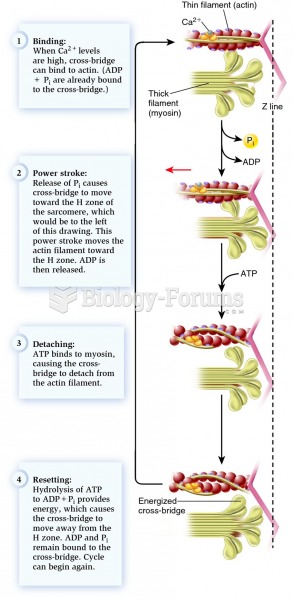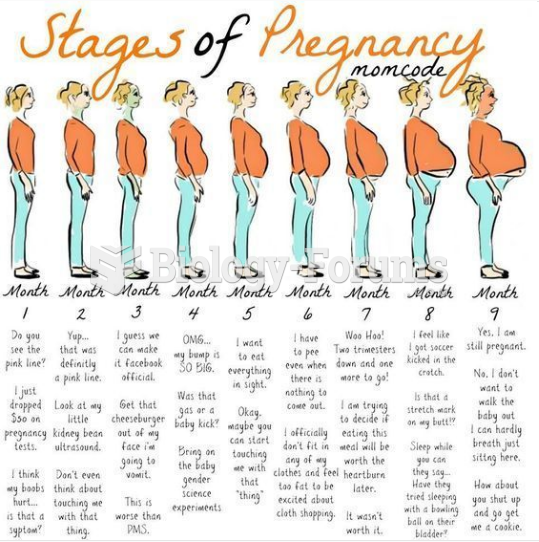Answer to Question 1
According to Kbler-Ross, describe at least three stages of dealing with the death of a loved one. 3 points; 1 each for any 3 of the following:
- Denial: trying to believe that it didn't really happen
- Anger: sometimes bad things seem to happen for no reason
- Bargaining: trying to pretend that if you could do something differently, the loss might be reversed; feeling guiltythe event might not have happened if you had done something differently
- Depression: Feeling extraordinarily bad when you finally realize there is nothing you can do to change the situation
- Acceptance: Finally coming to grips with the loss
Describe the typical time frame for grieving. 3 points; 1 each for any 3 of the following:
- First 2-3 days: Shock and denial; heavy grieving; numb
- Next 2-3 weeks: Loss of appetite, difficulty sleeping, inability to focus, tendency to cry
- Next 2-3 months: The need for regular support
- Next 2-3 years: Having emotions during holidays or special times
Describe at least four normal reactions to grief. (4 points)
- Emotions; feelings: sadness, loneliness, anger, helplessness, yearning, etc.
- Physical sensations: tightness; hollowness; weakness; lack of energy; dry mouth; etc.
- Thoughts; cognitions: disbelief; confusion; etc.
- Behaviors: can't eat; can't sleep; absent-minded; crying; sighing; dreams; treasuring objects, etc.
Answer to Question 2
If forgiveness is so good, why do people resist doing it? 1 point for any of the following:
- Forgiveness might feel like giving in or admitting that you're wrong
- Forgiveness feels like letting someone else off the hook
- Forgiveness brings up old feelings of powerlessness; not forgiving makes you feel strong and in control







